
Benefits of diversity are central to education and travel spheres.
In education, some districts are trying to hire and maintain a more diverse staff. “But why?” some ask.
In the travel conference world, a debate is raging about whether it’s concerning to have over 48 presenters at an event, but just one Black speaker. It’s time to dive into this issue.
Q1: Why is diversity important, anyway? Why do we need it?
A1: Being inclusive is the right thing to do — and many don’t realize it can pay off for everyone involved. Several recent studies show that diverse teams are actually more productive than homogeneous ones. For example, this Forbes article reports that racially diverse companies outperform industry norms by 35%!
What is the reason for the “diversity advantage”? This Harvard Business Review article entitled, “Why Diverse Teams are Smarter” explains that putting people from a range of backgrounds together boosts innovation and fact-based work because it makes them feel less comfortable.
Scientific American writes, “being around people who are different from us makes us work harder and become more creative.” Sweet! Sometimes heterogenous groups throw us off-balance, but the payoff of embracing humanity’s diversity is clearly worth it.
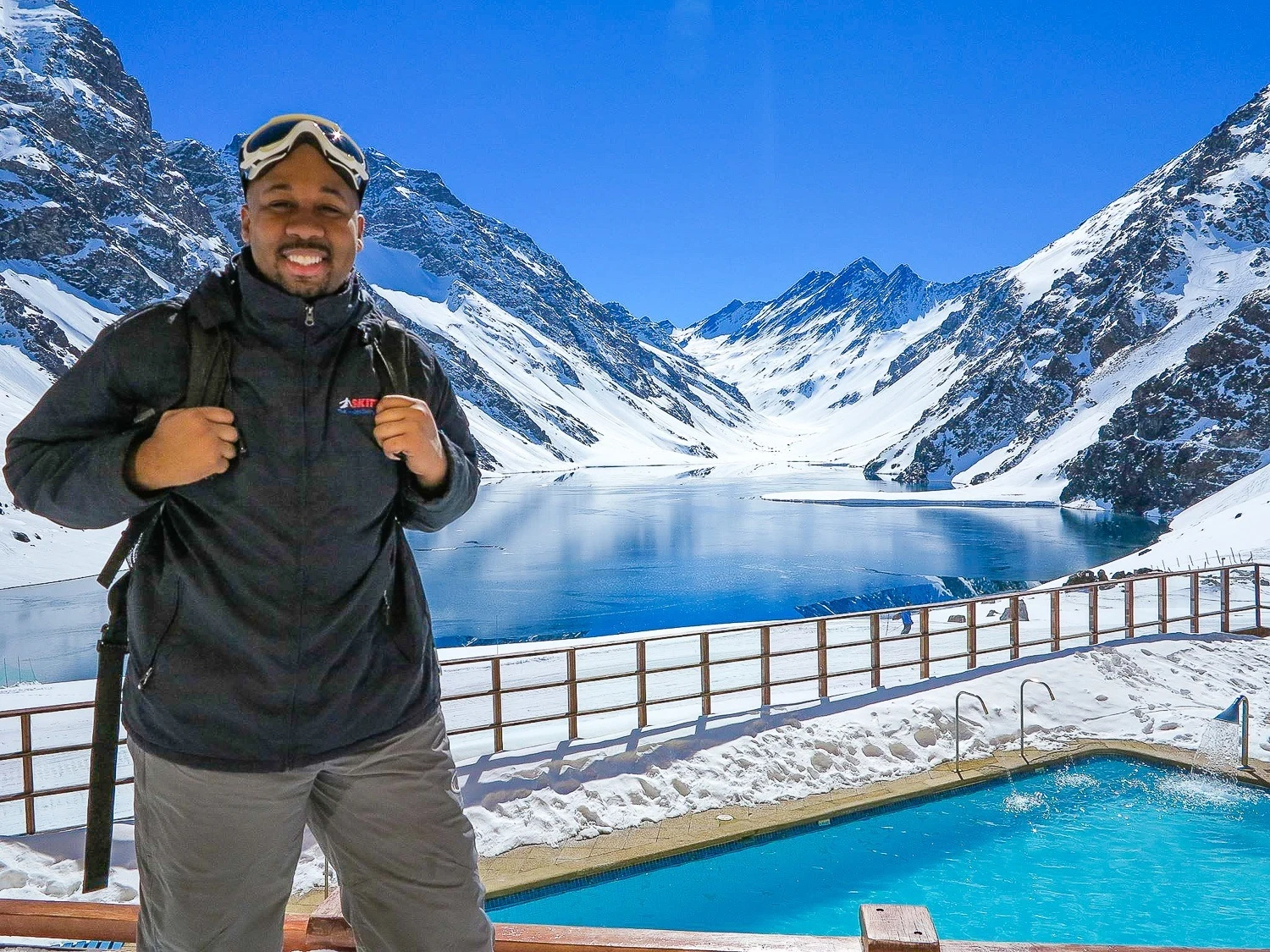
Q2: Sure, but why should I care about diversity if we’re talking about teachers, conference speakers, or publications?
A2: Consider audience resonance. In education, for example, representation has a quantifiable impact. A recent NPR investigation found that students who had just one teacher with a background similar to them reduced the rate of dropping out of school by 39 percent.

It is human nature to feel included, known, and sometimes even inspired when learning from people who you could conceivably BE in the future. This is the calculus behind the powerful #WeNeedDiverseBooks movement, which pushes children’s books to reflect the broad range of kids’ lives.
In the case of a conference, an audience that feels represented by the speaker line-up might be more likely to buy tickets. Conversely, if a demographic feels consistently snubbed in representation by an event, they may stop attending.
From a purely financial point of view, it can truly hurt a business’s profits to alienate groups. From an intellectual viewpoint, quality can suffer when people who have much to offer are left out.

Q3: Exactly what IS diversity?
A3: Because there are infinite types of “diversity” in the world, the task of creating diverse representation is never complete. Therefore, it makes sense see “diversity” as an ongoing quest to incorporate a wide range of backgrounds and voices, always being open for how to pursue it more effectively. (Though I’m writing this article, I have by no means perfected being inclusive, myself, and am grateful to those who have contributed to this piece… and to the wider quest!)
What’s important to note here is that racial diversity is not just about bringing different colors of skin for the sake of pretty visuals, but rather to take into account that so many people with important skills and information have been overlooked because of skin color, language, ethnicity, and more.

Though most people have good intentions, a fascinating study by Harvard (take the Race IAT quiz here!) shows that even well-meaning people in leadership have negative preconceived notions about applicants based just on the color of their skin. Questing for diversity aims to proactively counteract these biases so that everyone can benefit from the best skills, chosen from the widest pool possible.
As Black travel blogger, Roni Faida, puts it, “Remember, we are full and complete people! So many conferences think if they have a speaker of color, the presentation has to be about diversity, but we are capable of speaking on any and every topic there is in the travel world.”
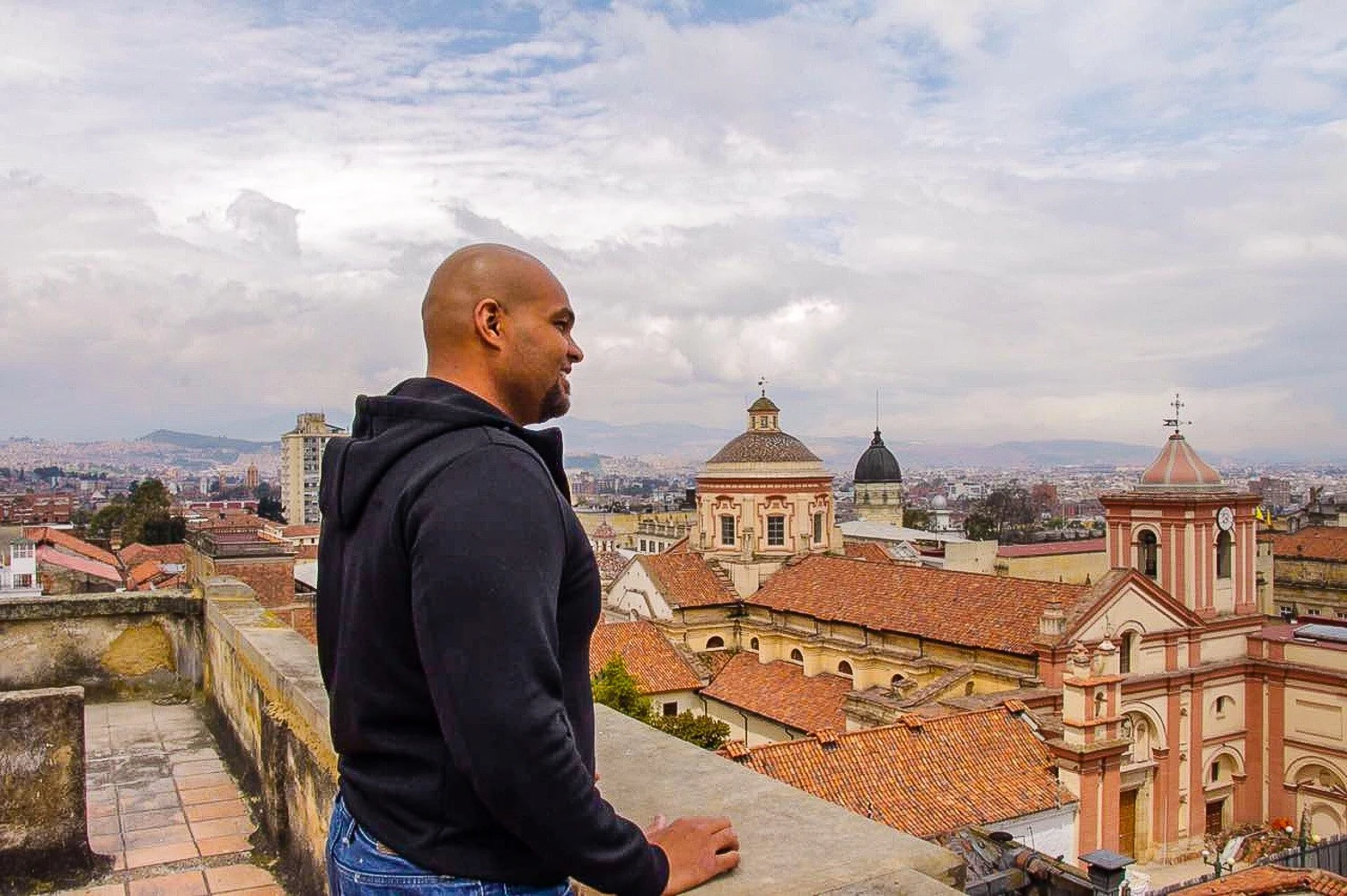
Q4: But what if there are no “diverse people” who fit my organization, event, or group?
A4: There are!!! Honestly! For example, if a travel conference is seeking racially diverse speakers, a quick online search yields this New York Times article featuring the explosively growing Black travel market, or Latinas Who Travel, or this list of travel bloggers of color, or this list.
The argument that “standards would need to be lowered to increase diversity” falls apart completely upon inspection. In fact, what hurts standards is to consistently overlook skilled people because of preconceived notions.
It’s a vicious cycle. If people from a demographic repeatedly see no representation in an event or a school system, it’s human nature to leave and go somewhere more welcoming. In turn, that leads to even less representation, and ultimately creates homogeneity, which means missed opportunities for growth, connections, and innovative collaboration.
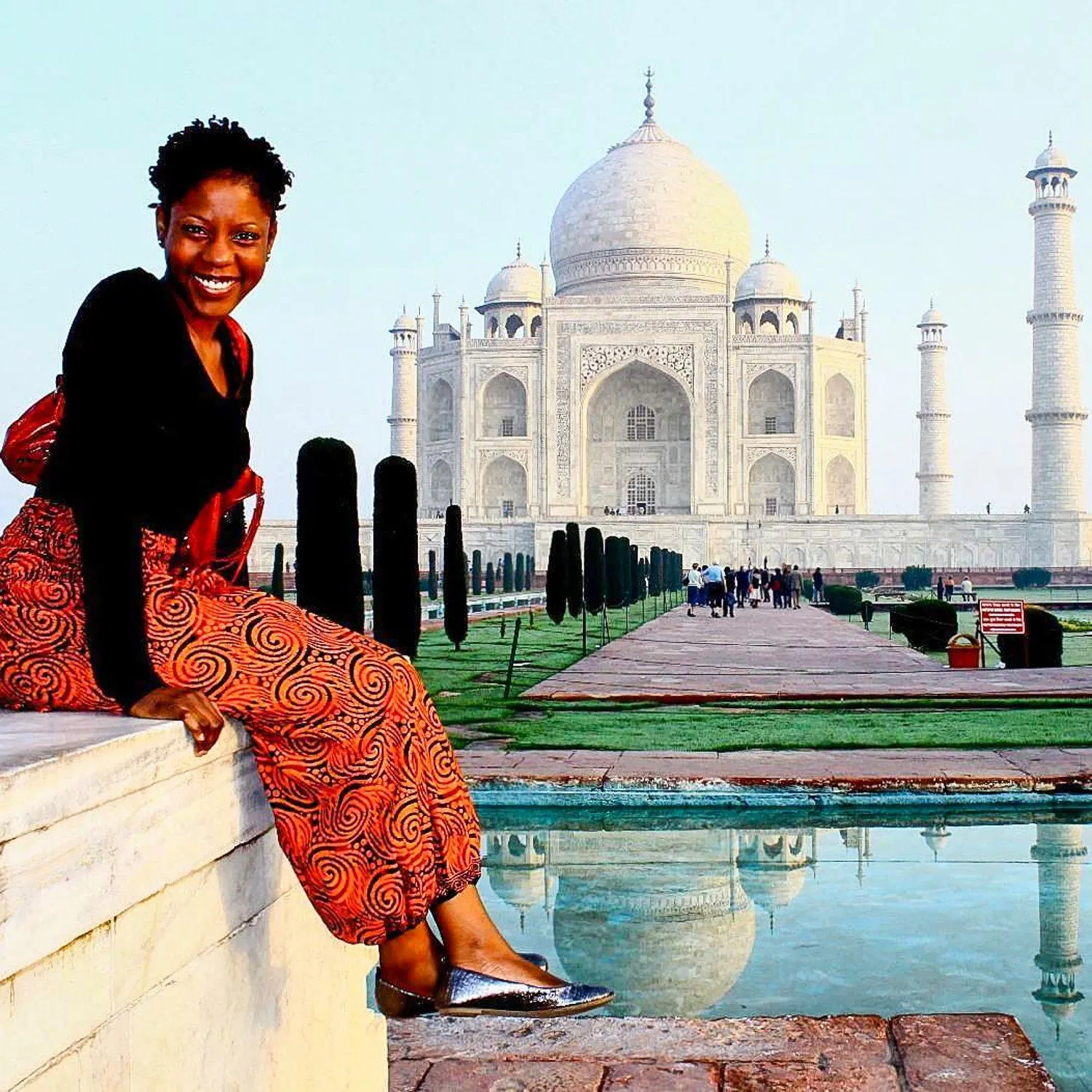
Q5: Why is it such a big deal if certain demographics are left out of one little thing?
A5: The issue is that “one little thing” can lead to countless other opportunities, and if that gateway is missed, so are the rest.
Here’s an example of this “opportunity begets opportunity” phenomenon. In 2014, I was able to get into a big conference in Washington D.C. with limited invitees. This led to the following opportunities: a week-long trip in Turkey, a week-long trip in Dubai, three paying gigs, countless connections, and more. Qualified people excluded from the “gateway” missed those subsequent benefits.
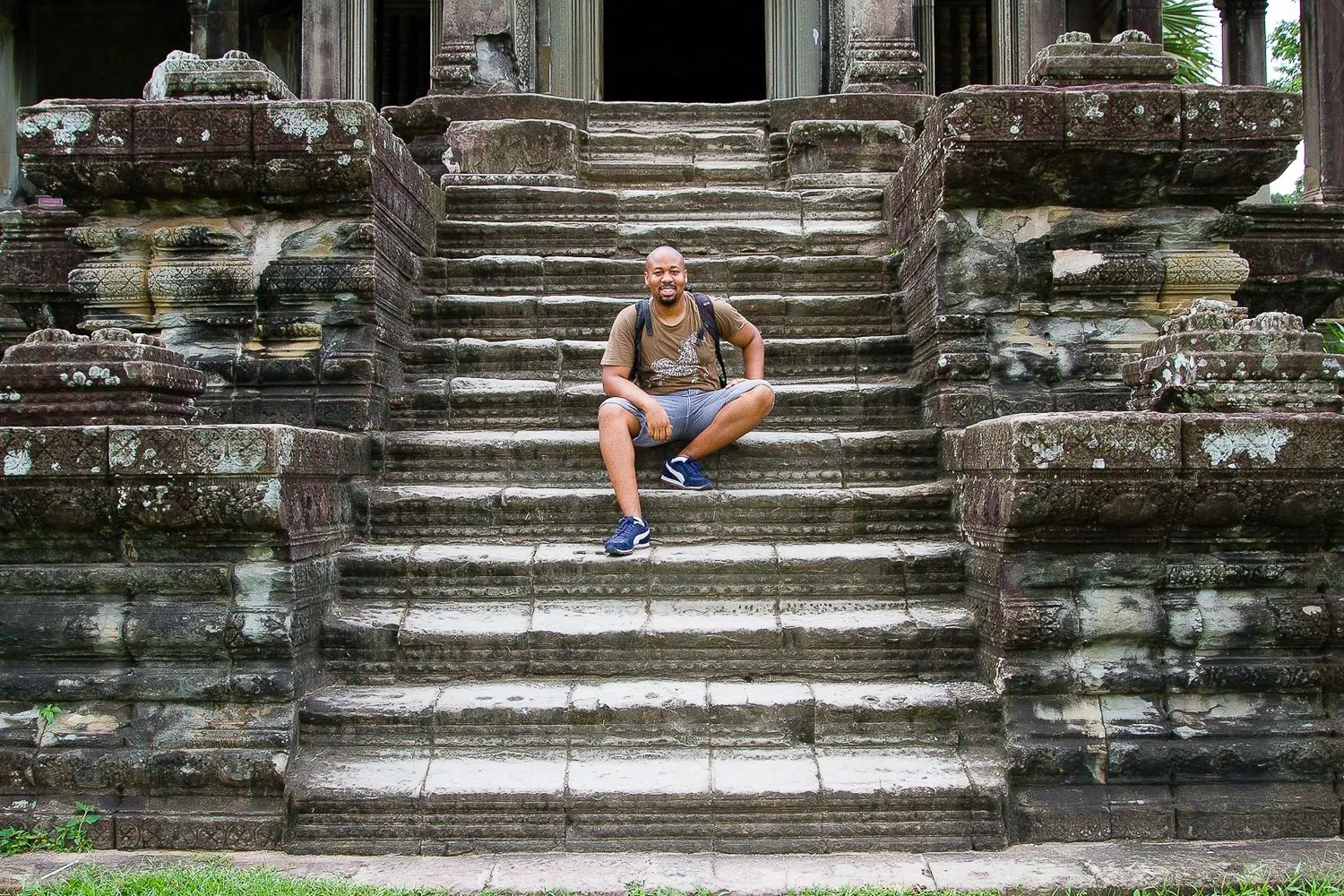
There are analogous “opportunity chains” in education. In this New York Times article entitled, “Why Talented Black and Hispanic Students Can Go Undiscovered,” an experiment in Florida revealed that human bias in the referral process had been keeping children of color out of accelerated academic tracks in school.
When that referral process was changed to diminish the effect of human prejudices, the number of Black and Latino students identified as gifted tripled. Of course, being put on a “gifted” track early in school leads to a far more opportunity-laden path in life, so opening this one gate changed futures.
Points of access matter greatly in the fate of individuals, communities, and our society as a whole. If diverse teams outperform homogeneous ones by 35%, diving wholeheartedly into the quest towards diversity benefits us all!
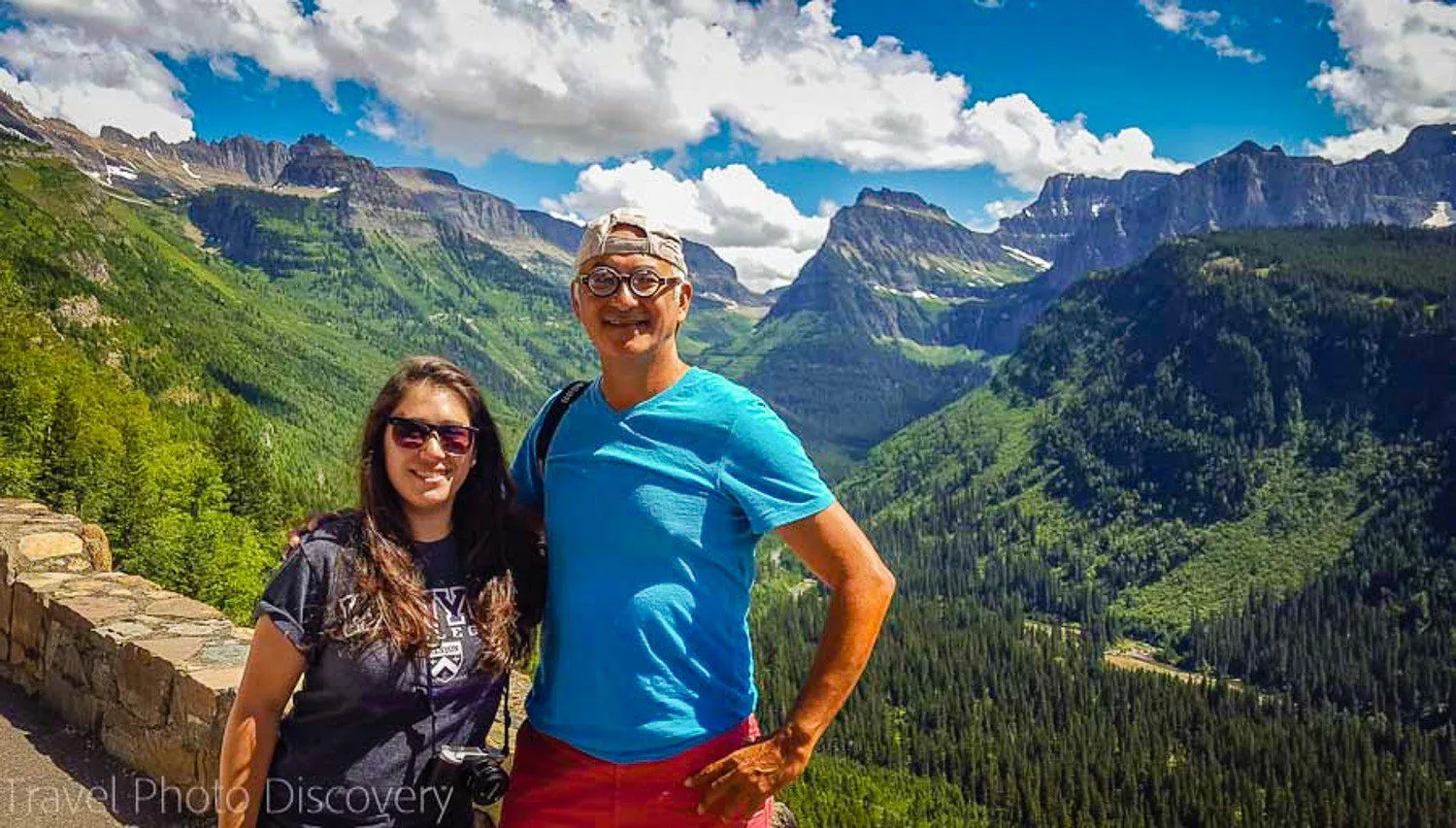
Q6: How can it be true that “diversity benefits us all” if qualified people start being passed over because they are “not diverse enough”?
A6: A pervasive fear in the quest for diversity is that it leads to a failed, superficial outcome in which the appearance of diversity becomes an end in itself, with quality suffering, and “reverse discrimination” excluding great people. Luckily, logic can deflate this argument.
First, that fear presumes that diverse applicants are naturally inferior, and thus diversity requires lowering standards. We’ve established in Q4 and Q5 that this is, in fact, not true. Second, it ignores the centuries of exclusion that certain groups have experienced, and the huge preferential treatment that others have enjoyed, myself included. As founder of Boston Youth Wrestling, José Valenzuela points out, “Won’t NOT focusing on diversity just lead to discrimination that excludes people because they’re not white enough?” Indeed, THAT has statistically been the real danger.
Finally, it overlooks the very real and valuable skills that people from different backgrounds can contribute. Take, for example, an open teaching position in a school with a highly diverse student population (which is the case in most U.S. public schools). Say you have two candidates: One is an English-speaking White, U.S.-born woman with 6 years of teaching experience and rudimentary knowledge of Spanish. The other is a Latino man with 4 years of teaching experience who grew up half in the U.S. and half in the Dominican Republic and is fluent in Spanish.
You could look at the years of teaching experience and say the woman is more qualified, but in fact, the man’s skills in language and cultural proficiency would be massive contributions to the functioning of the school. The man is the more qualified candidate. How do I know this? I was that woman, and I didn’t get the job… and the school made the right choice in not hiring me! I did, however, get a job in another school, and it all worked out. The quest for diversity did not lead to lowered standards — in fact, it raised them. Nor did that man getting the job shut me out of ALL opportunities in the city because I’m “not diverse enough.”
Another example would be an event. Say there are 35 presenters at a travel conference, and not one is Black or Latino. To say that these speakers represent the most qualified candidates is confusing because it doesn’t match with the fact that there is exponential growth in the Black and Latino travel and blogging world. Therefore, to lack representation from those demographics actually hurts the quality of the conference as a whole because it misses the opportunity to provide an extremely valuable skill set and perspective. Representation is powerful!

Q7: So how do we achieve diversity if we’re stuck in that vicious cycle where there are no applicants from certain groups?
A7: Proactivity to the rescue! In the case of Boston Public Schools, the district has set up a new program to “increase the number of top teachers in the district who reflect the racial, cultural and linguistic diversity of our students and our community.” After so many decades of teachers and potential teachers of color feeling marginalized, this proactive reaching out (along with several other measures) is what is needed for a shift.
In the case of events, reaching out to individuals and connectors within a range of communities is more likely to create progress than waiting for applications that might not come due to hurtful histories. Yes, it is admittedly awkward to write to someone and say, “Hey, I notice you’re from a group that we’ve unintentionally left out for years, but we realize you have so much to offer, and would make it worth your while to come aboard!” However, that awkwardness can be mitigated by explicitly valuing what the person has to offer as a full and complete human.
As educator and travel blogger Dr. Jessie Voigts explains, “I think the most important way to foster diversity is to ask questions and then really listen to the answers. Just guessing doesn’t work!”
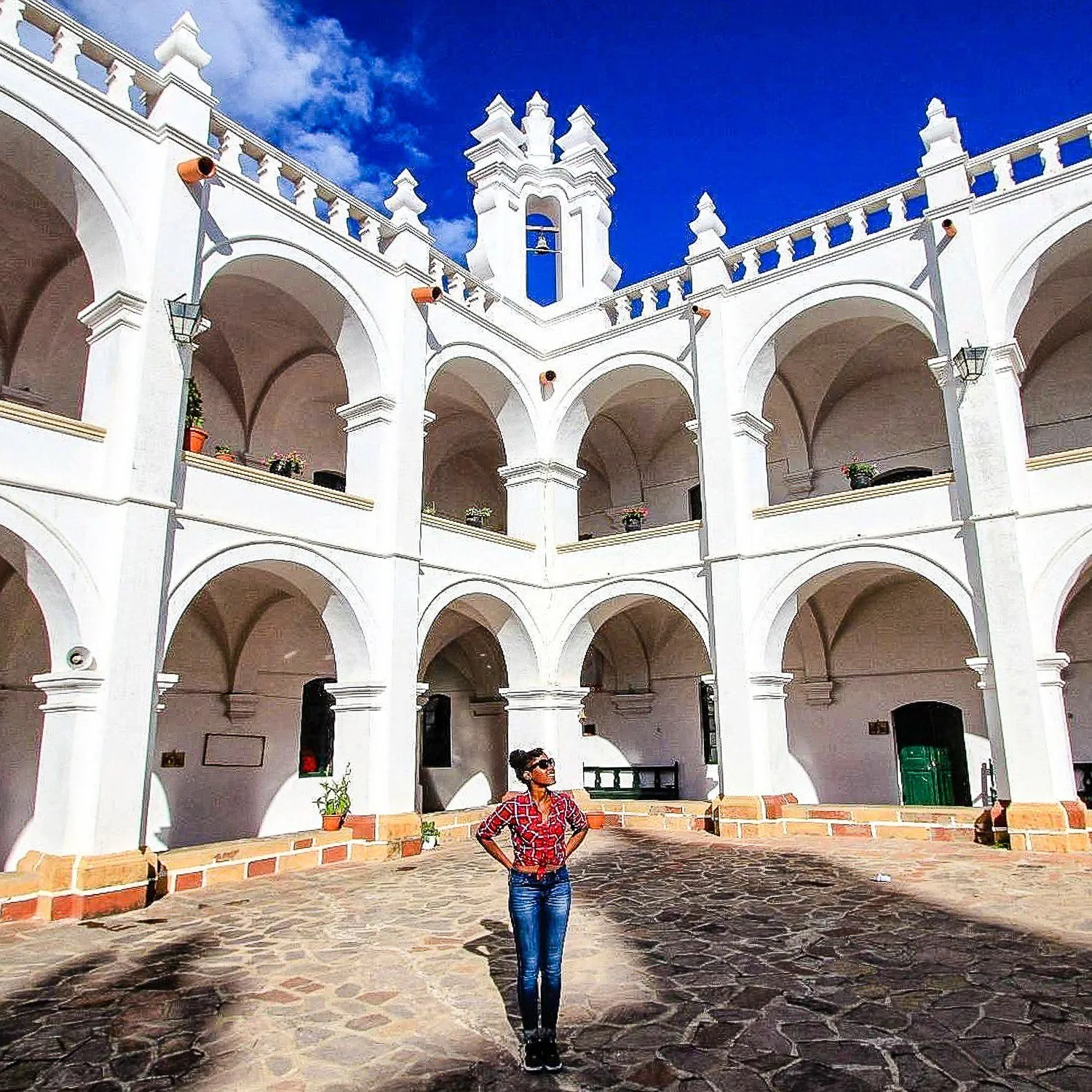
So what do you think? Why IS diversity important?
What has been YOUR experience with the benefits of inclusiveness? What are specific ways that you’ve seen diversity proactively fostered? What does this article miss that should be revised? (I’m on draft 35, so revisions welcome.) Do share!
Special thanks to Roni Faida for her collaboration on this article, and to everyone who helped with revisions and contributed their stunning photos.
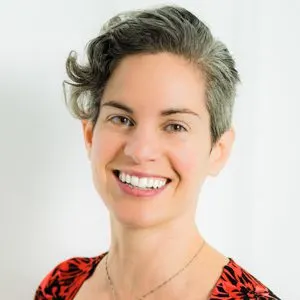
The author, Lillie Marshall, is a 6-foot-tall National Board Certified Teacher of English from Boston who has been a public school educator since 2003. She launched TeachingTraveling.com in 2010 to share expert global education resources, and over 1.6 million readers have visited over the past decade. Lillie also runs AroundTheWorld L.com Travel and Life Blog, and DrawingsOf.com for educational art. Do stay in touch via subscribing to her monthly newsletter, and following @WorldLillie on social media!
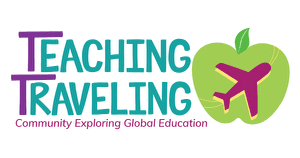
Alexis
Tuesday 2nd of May 2017
Awesome article. I think it is to important to shine a light on a all categories of diversity and their importance in all communities. A awesome approach on what a lot find a touchy subject.
Molly D.
Monday 1st of May 2017
I attend a highly diverse urban middle/high school, and coming from a smaller, more homogenous elementary school setting, I have come to appreciate my daily dose of diversity. My fellow students and teachers are more open to sharing personal experiences as they relate to our daily classes. This is an added bonus that makes a lesson that may have been "foreign" to me easier to relate to. First-hand accounts from teachers who were born in another country or who have traveled to many places are a great learning tool.
Megan Jerrard
Monday 1st of May 2017
I think the world can only benefit from learning to accept and embrace diversity - great article which covers some really great points, fears and arguments from all viewpoints. As basic as it sounds, I believe that my first high school job at McDonalds taught me a lot about diversity - as such a huge international corporation they have very strict policies about not racially discriminating, and strive to employ a diverse staff. It was here outside of school hours that I got to interact with people of many different cultural backgrounds who I wouldn't have been able to engage with otherwise. So I do thank McDonalds for shaping my perspective on diversity from an early age of 14 :)
Marieke
Monday 1st of May 2017
Great article! Our family comes from all parts of the world. Due to this reason, we felt compelled to put our kids in a very diverse school and they have been thriving. Having spent many hours volunteering, I have seen firsthand the benefits of diversity among the kids in the classroom and the wonderful gifts each child can share.
Donna Hull
Sunday 30th of April 2017
Does diversity include all age groups? I only see young people in your photos.
Lillie
Sunday 30th of April 2017
Such an important point! Let's connect to add in photos for a range of ages from people who would like to be featured. Thanks for the catch!